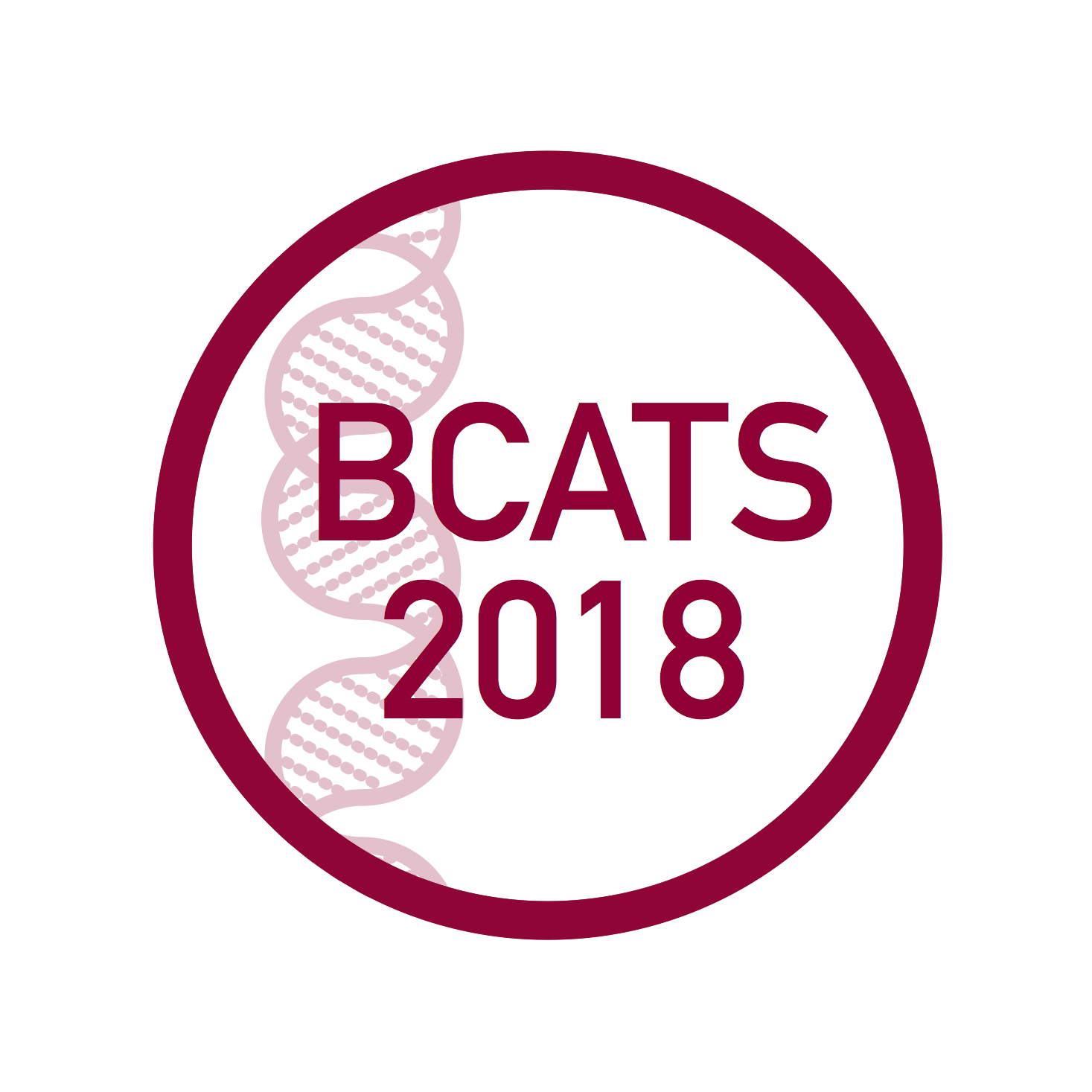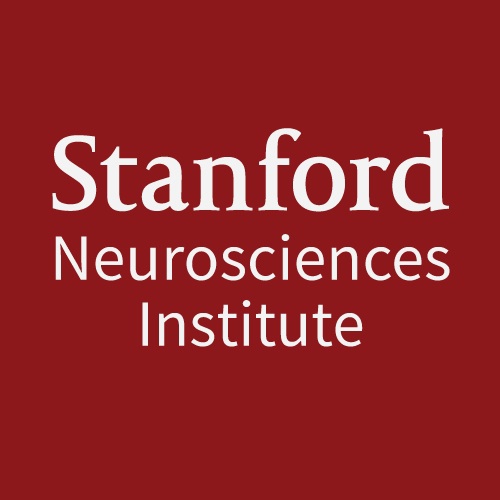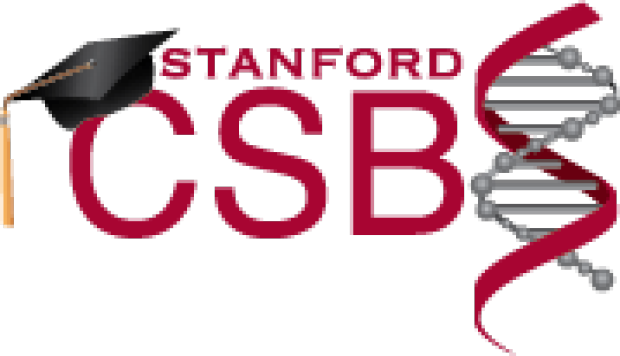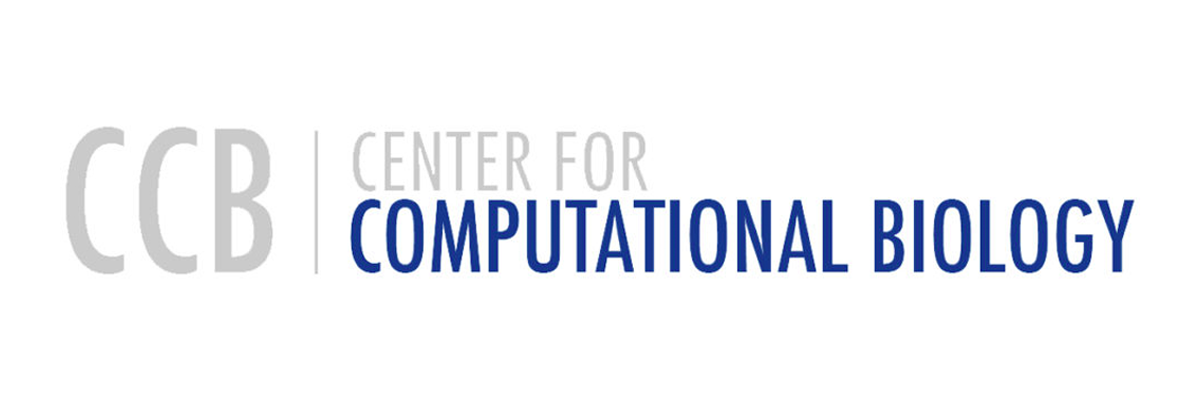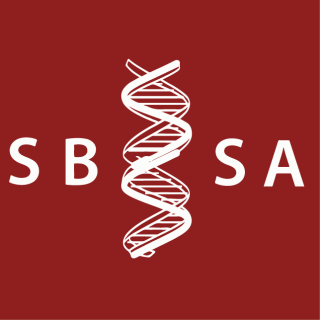About the Conference
The BCATS organizing committee is proud to announce the 18th year of the symposium: Biomedical Computation at Stanford (BCATS). This year BCATS will be held on Thursday, April 19th 2018 at Li Ka Shing Center, Stanford University . BCATS is a one-day scientific symposium highlights current interdisciplinary research by students and postdoctoral fellows at universities in the San Francisco Bay Area and is organized exclusively by Stanford graduate students on behalf of the Stanford biomedical research community. Last year, BCATS presented work of over 30 different research projects to over 200 attendees from the scientific community.
Over the years, BCATS has consistently offered the biomedical computation community a place to connect and learn about state-of-the-art science. This open exchange is critical for the growth of biomedical computation research. Attendees of previous BCATS have gone on to become leading faculty in prestigious institutions and drivers of biotechnological innovation in the private sector.
We look forward to your participation!
read more >Keynote Speakers (BCATS2018)
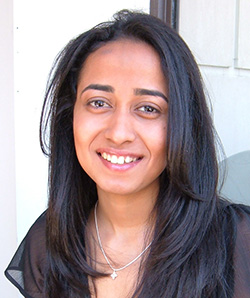
Priya Moorjani, PhD - University of California, Berkeley
Assistant Professor, Department of Molecular and Cell Biology, Center for Computational Biology
Recently arriving to UC Berkeley in 2018, the Moorjani Lab focuses on using statistical and computational approaches to study questions in human genetics and evolutionary biology. A central aim in the lab is to understand the impact of evolutionary history on genetic variation and to apply this knowledge to learn about human history and biology. They use genetic data from ancient specimens and present-day humans and primates to learn about: (1) how different evolutionary processes such as mutation rate evolve across primates, (2) when key events (such as introgression and adaptations) occurred in human history, and (3) how to leverage these patterns to identify genetic variants related to human adaptation and disease. The research in the lab involves both development of new methods and large-scale genomic data analysis.
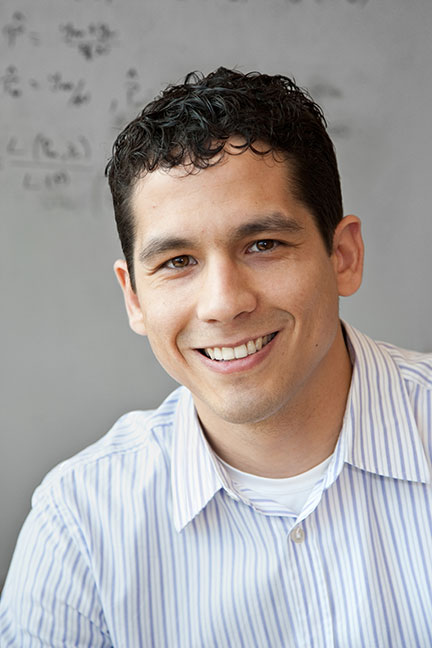
Ryan Hernandez, PhD - University of California, San Francisco
Dr. Ryan Hernandez' lab uses detailed simulations and population genetic modeling to understand the role that natural selection and demography have had on the patterning of variation throughout our genomes. His lab develops novel population genetic simulation techniques in order to unravel and interpret these complex evolutionary patterns. Finally, the Hernandez Lab seeks to exploit population genetic models of demographic history and natural selection to interrogate the genetic basis of disease. By capitalizing on recent theoretical advances, the group builds models of population dynamics that will utilize genomic re-sequencing data to discover novel regions of the genome that underlie genetic susceptibility to disease and drug response.
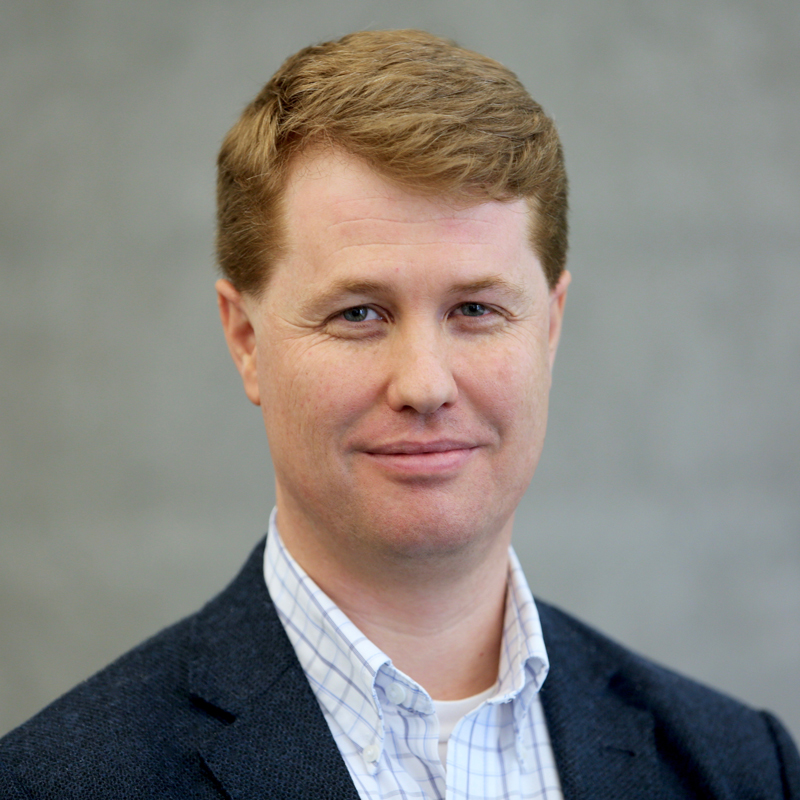
Nathan Price, PhD - Institute of Systems Biology
Professor & Associate Director of the Institute for Systems Biology (ISB), Affiliate Faculty in the Departments of Bioengineering, Computer Science & Engineering, and Molecular & Cellular Biology at the University of Washington
Dr. Nathan Price's group leverages systems biology to make fundamental contributions to human health. Focusing on the data-driven processes of wellness optimization, treatment development, and diagnosis precision, the group has pioneered many unique approaches to analyzing clinical data to optimize therapeutic and diagnostic interventions. Central to these goals are 1) the 100K Wellness Project, which aims to detail quantifiable metrics of wellness via analysis of longitudinal clinical data, 2) refining Systems Medicine models to search for diagnostic and therapeutic targets, and 3) integrating biochemical network models into unified computational pipelines to further streamline genotype-to-phenotype associations.
Read more on Twitter @isbnathanprice
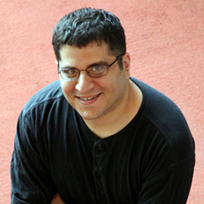
Jason Ernst, PhD - University of California, Los Angeles
Assistant Professor, Departments of Biological Chemistry and Computer Science
Dr. Jason Ernst joined the faculty at UCLA in the Department of Biological Chemistry, the Computer Science Department, and the Bioinformatics Program in 2012. His lab is interested in developing and applying computational methods, in particular machine learning methods, for the analysis of high-throughput experimental data to address problems in epigenomics and gene regulation. A primary interest of his is developing computational approaches to use epigenomic and other high-throughput datasets to better understand the non-coding portions of the human genome and its role in disease. Dr. Ernst pioneered computational approaches to learn chromatin states from genome-wide maps of multiple epigenetic marks to systematically annotate the human genome. His group's research is often conducted in close collaboration with experimental groups.
BCATS 2018 Industry Panel
Dr. Marvin Gee
3T Biosciences
Drs. Eurie Hong, Natalie Telis
AncestryDNA
Drs. Brian Maples, Joe Davis
Cardinal Analytx Solutions
Dr. Ban Kawas
IBM
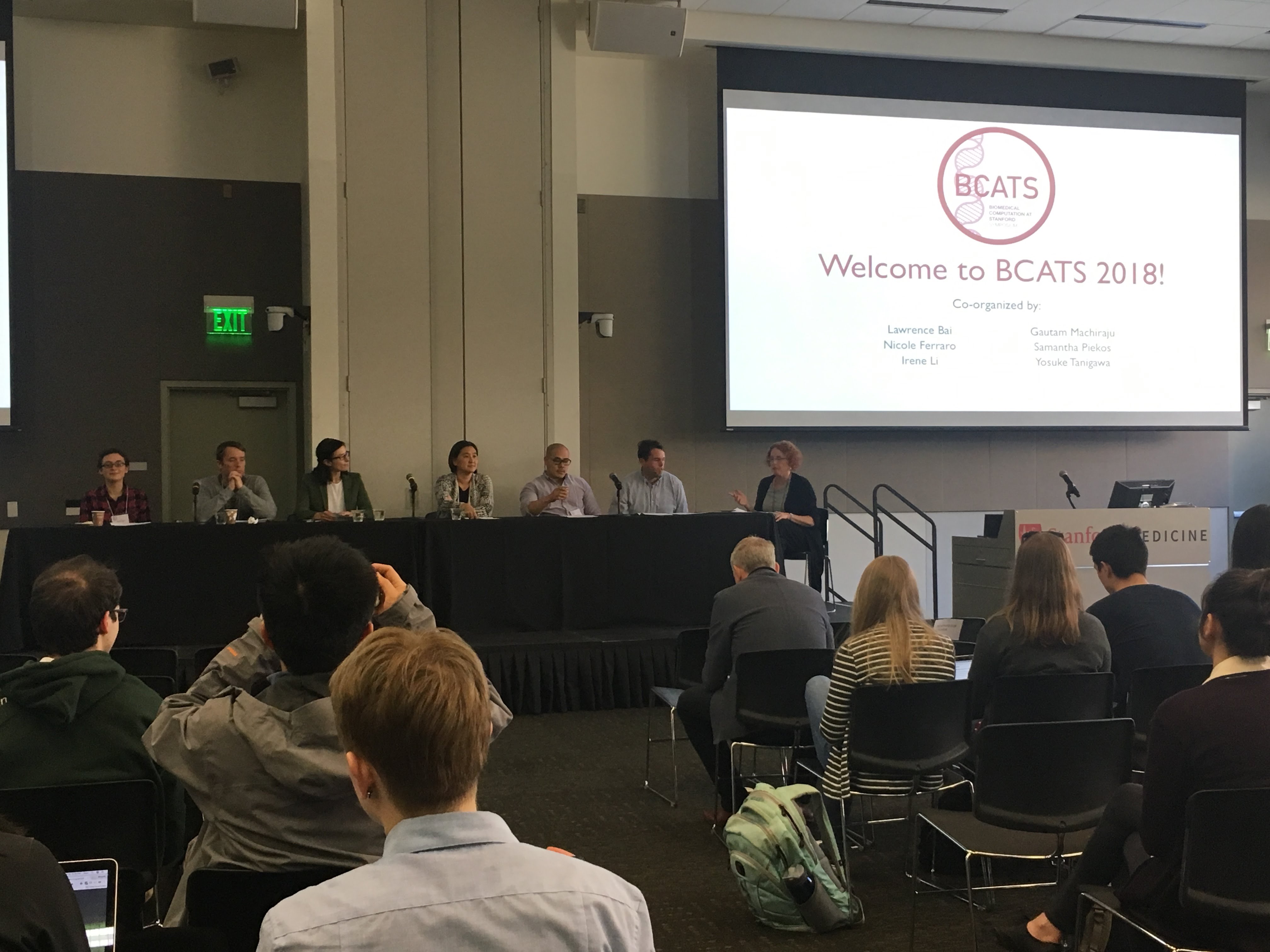
Testimonials
"As BCATS is a small student-run conference, it provides a unique opportunity to Bay Area students to closely interact with other researchers (academic and industry) in bio-medical informatics. Moreover the diverse student talks and posters give an indication of the ongoing research, opening doors for future collaboration. This is not possible for other large conferences like AMIA or ISMB, where a starting graduate student just ends up being overwhelmed."
– Maulik Kamdar - Former Director of BCATS
